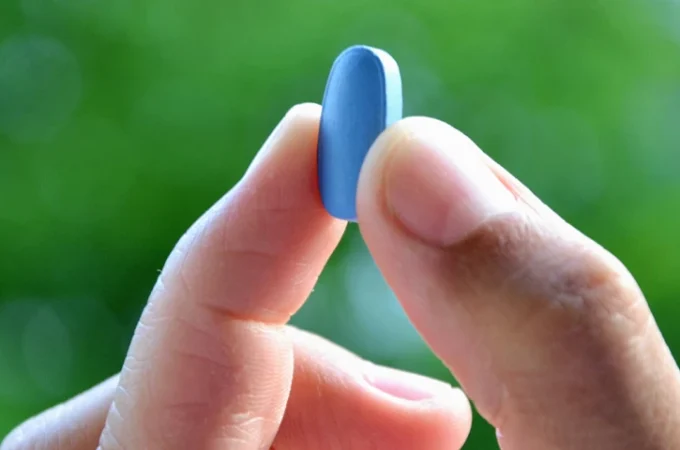
What You Should Know About Ketamine Infusion Therapy
Ketamine was previously used as an anesthetic in operating rooms and on battlefields. However, recent research has proven that it contains anti-depressive properties. Ketamine infusion therapy rapidly reduces life-threatening acts and thoughts and relieves other depression symptoms. This medication is also effective in treating depression that combines with anxiety. The U.S. Food and Drug Administration (FDA) has approved a ketamine nasal spray medication for treatment-resistant depression. Ketamine is also sometimes prescribed to treat psychiatric disorders such as post-traumatic stress disorder (PTSD), bipolar disorder, and major depressive disorder (MDD); it is also helpful for chronic and post-operative pain management.
How it is Administered
Administration of ketamine infusion therapy in the management of psychiatric disorders is through a single or a cycle of infusions. It is a non-competitive N-methyl-D-aspartate (NMDA) receptor antagonist, which has been in use to induce and maintain anesthesia. Due to the increasing availability of ketamine infusion clinics among healthcare facilities, mental health personnel provide ketamine therapy services to people with medication-resistant and chronic mental health disorders.
If the standard treatment fails, intravenous (IV) ketamine therapy may be considered for chronic pain management and psychiatric disorders. A derivative of ketamine, esketamine nasal spray, has separately been approved for treatment-resistant depression by the FDA.

How it Works
Ketamine exerts an antidepressant outcome through a new mechanism to help people manage depression successfully where other treatments have failed. It targets NMDA receptors in the patient’s brain. When ketamine binds to these receptors, it increases the amount of a neurotransmitter known as glutamate located in the spaces between neurons. After that, glutamate activates connections in the AMPA receptor. The activation of AMPA receptors and the initial blockade of NMDA receptors result in the release of molecules that assist the communication of neurons amongst themselves along new pathways. This process is known as synaptogenesis, and it affects cognition, thought patterns, and mood. Ketamine infusion therapy can influence depression by reducing signals related to inflammation that is linked to mood disorders. It can also facilitate communication with particular areas in the brain.
Benefits of Ketamine Infusion Therapy
- Works fast to relieve depressive symptoms as it stimulates a fast increase in glutamate
- Ketamine infusions encourage beneficial changes to the brain leading to lasting symptoms relief within a single treatment cycle.
Risks Associated with Ketamine Infusion Therapy
- Nausea
- Vomiting
- High blood pressure
- Perceptual disturbances
- Blurry vision
- Disassociation (out-of-body experiences)
- Hallucinations
- Like other opioids, you can be addicted to ketamine. If you have previously had problems with substance abuse, such as drugs or alcohol, you should weigh your options with your doctor on the viability of ketamine for you.
Ketamine Therapy Considerations
Ketamine infusion therapy should be administered to:
- People with moderate to severe depression
- People with confirmed bipolar disorder diagnosis (with controlled mood stabilization)
- People with personality disorders, so long as they can engage in therapy and manage infusions

People with a history of psychosis, increased intracranial pressure, uncontrolled hypertension, unstable or acute cardiovascular disease, and pregnant women should not undergo ketamine infusion therapy.
Other Considerations
When using ketamine to treat depression, the patient receives a lower dose than what is administered for anesthesia.
When using IV ketamine, the patient will typically respond to the medication within one to three infusions. If there is no response after the third infusion, then further infusions will likely not help, and other depression treatments should be considered.
People who respond to ketamine treatment within one to three infusions by getting relief from depression will extend similar benefits if the treatment continues. Subsequent sessions will prolong ketamine effects instead of achieving further symptoms relief. Standard guidelines do not exist for ketamine treatment for depression, but many studies recommend eight treatments to treat the acute phase. After that, the patient and their doctor should decide if to reduce or stop ketamine treatments or administer the drug at longer intervals.




